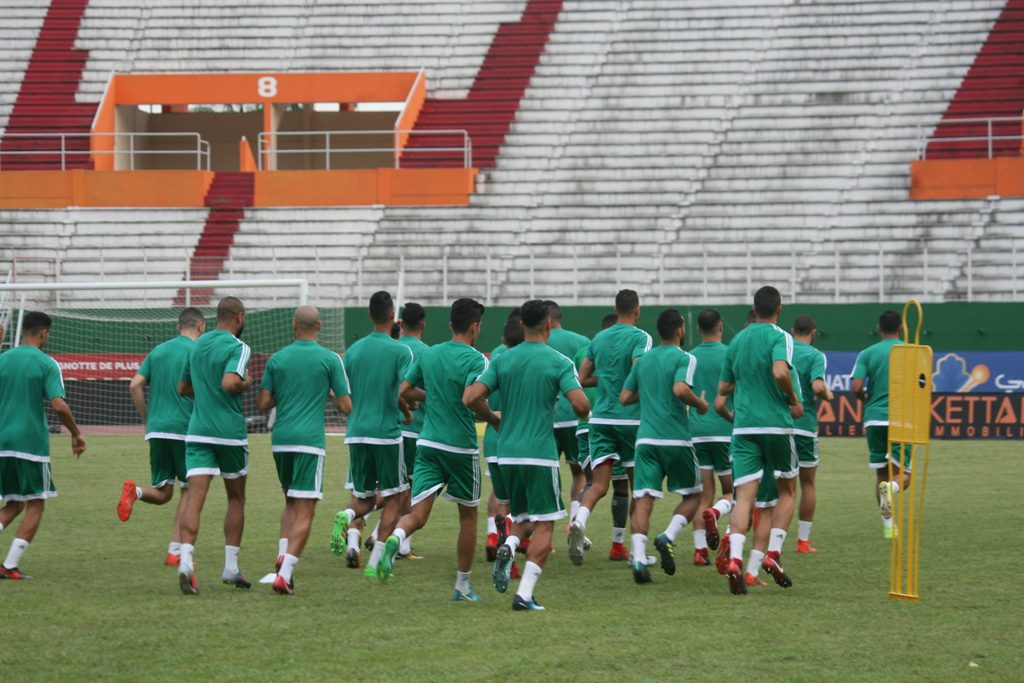A number of players coming to the 2018 FIFA World Cup were not born in the country they will be representing at the tournament. According to the CIES Football Observatory, 98 of the 1072 players from the 32 qualified teams, including host Russia, were born outside of the association represented, which constitute 9.1% of the total number of players we will be seeing in Russia mid next year.
The Confederation of African Football (CAF) produced the highest figure of players with dual nationality, 28.7% in total, followed by Uefa – 9.1%, Concacaf – 2.8%, AFC – 2.1% and Conmebol – 2.1%.
Coming down to team (country) level, Morocco are on top, with more than half of their World Cup-bound contingent (players) born outside the Kingdom, totalling 61.5%.
The Moroccan FA, launched an intensive naturalisation process in 2014 to ‘bring back talents belonging to the soil’ to help rebuild the national team. This has visibly paid off as a dozen foreign-born players completed a switch of allegiance in the last two years.
The Atlas Lions will be making their first FIFA World Cup appearance in 20 years.
Second on the list is another African (CAF) team, Senegal, with 39.4% of the players who participated in the qualifiers born outside the West African country.
Tunisia are the third African team on the list, with 23.5% but in between, we have Portugal (32.1%) and Switzerland (31%).
Nigeria come as the fourth African nation but 7th overall, with 11.4% of players likely to make the final squad not born in the country.
Egypt are the African representative with the least number of players with dual citizenship, 3.0%.
Seven qualified teams are not concerned with this report as all their players likely to appear at the World Cup are born in the respective countries. They are Brazil, Saudi Arabia, Iran, Germany, Colombia, Mexico and South Korea.









